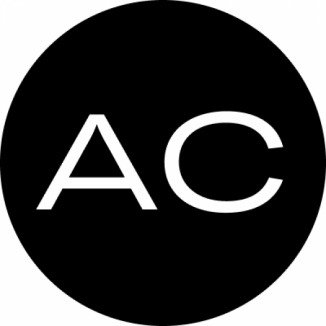What should a body of “earthbound” knowledge contain that traverses from the global to the local and back? What forms of knowledge transmission are appropriate and lasting in these trans-scalar conditions and mutual interdependencies? Taking into account issues of access and agency, asymmetrical justice, traditional knowledge forms, and ways of inhabiting the Earth, the project has accounted for the varied means of experience and sought to find a common ground for future scholarship and practice.
The Anthropocene Curriculum was initiated by Haus der Kulturen der Welt (HKW) and the Max Planck Institute for the History of Science (MPIWG) as part of The Anthropocene Project, expanding into a collaborative network spanning the globe. From 2023, the website archive is hosted by the MPIWG while the network continues its activities via a decentralized, self-organized approach as the Anthropocene Commons.
What is the AC approach?
The Anthropocene is a concept of contested terrain and therefore any approach to it must be adaptive, exploratory, and useful for everyday concerns in this new age. Appropriately enough, the term “curriculum”—in its original Latin referring to the course in a race—figures the type of pathway the AC has been concerned with. This course-making is not only about acquiring knowledge, it also cartographically implicates conceptual beacons with which to guide how one comes to know the planet, and, most importantly, the methods and strategies that enable all to thrive as we do so. The curriculum is therefore an attempt to form conceptual and sensory tools that hone and couple planetary-scale dynamics and local knowledge traditions. This entails giving shape to a “curriculum” in the complete sense of the word: running the circuits of epistemic and aesthetic loops that inform the way earthly creatures can survive, thrive, and collaborate in a knot of conflicting concerns, needs, and ways of life.
Situated learning has been at the core of the AC approach. Since 2013, through a series of intensive, weeklong educational events—Anthropocene Campuses—and a wider range of small-scale workshops, public programs, field trips, and exhibitions, a broad array of formats have been developed and experimented with over the years in different cities and regions across the world.
Each of these local iterations of the Anthropocene Curriculum idea have been independently organized and tailored to meet the local demands and concerns of each specific cultural, geographical, and institutional context. The individual projects and people have been linked through this open web platform, a common space that has facilitated exchange, shared experiences, practices, and results, and offered a participatory knowledge base for a global community of Anthropocene research and education. Following the conclusion of the project under the stewardship of HKW in 2022, the web archive is maintained by the MPIWG, while the AC network continues under a new title: the Anthropocene Commons.
From: https://www.anthropocene-curriculum.org/about

